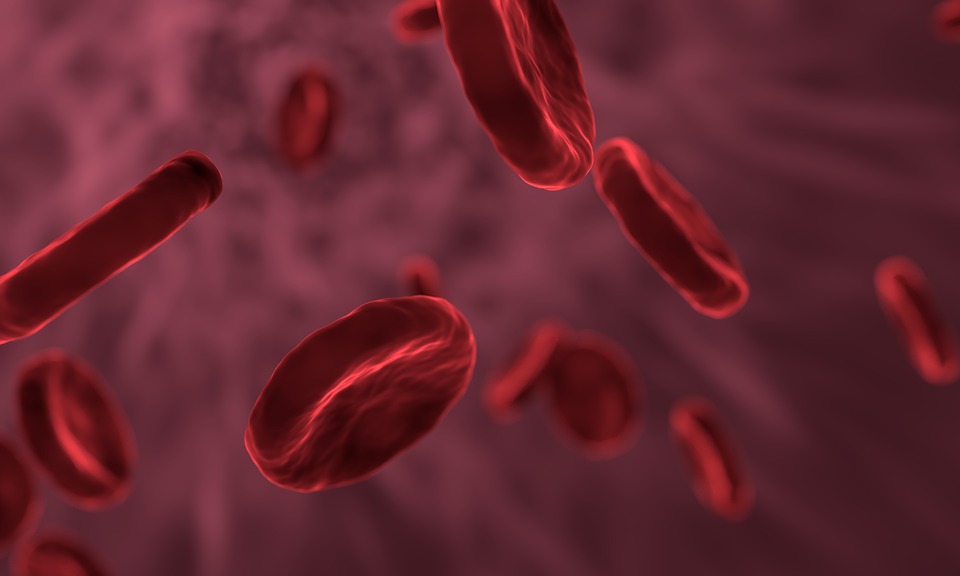A recent study from Cambridge University presents a novel method for diagnosing bipolar disorder more accurately. This approach combines an online psychiatric assessment with a blood test. The blood test alone can diagnose around 30% of bipolar disorder cases, and its effectiveness increases when used alongside a digital mental health assessment.
Blood biomarkers can differentiate bipolar disorder from MDD
Including biomarker testing in diagnostics helps differentiate major depressive disorder from bipolar disorder, enabling tailored treatment. Although the blood test is in the proof-of-concept stage, it shows promise in improving psychiatric diagnostics and understanding mental health’s biological aspects.
Bipolar disorder impacts about 1% of the worldwide population, affecting up to 80 million people. Regrettably, it’s often misdiagnosed as major depressive disorder in about 40% of cases, which the study in JAMA Psychiatry aims to correct.
Individuals with bipolar disorder go through phases of both depression and mania.Dr. Jakub Tomasik from Cambridge’s Department of Chemical Engineering and Biotechnology notes that they tend to seek medical attention primarily during depressive episodes, leading to frequent misdiagnosis as major depressive disorder.
Antidepressants without mood stabilizers induce manic episodes
Professor Sabine Bahn, the principal investigator of the research observed that when an individual afflicted with bipolar disorder enters a phase of diminished mood similar to the symptoms of major depressive disorder. Nevertheless, it is crucial to underscore the distinctive nature of these two conditions, as they demand distinct treatment approaches. Should antidepressants be administered to someone diagnosed with bipolar disorder without the concurrent use of a mood stabilizer, it has the potential to induce a manic episode.
Bahn emphasizes the importance of comprehensive psychiatric evaluations for precise bipolar disorder diagnoses, despite their lengthy wait times. A potential solution is the development of a simple blood test to quickly identify bipolar disorder to ease burden on healthcare providers and speed up treatment.
In the current study, around 1,000 individuals provided dried blood samples via finger prick, yielding 241 participants in the study. Analysis of over 600 metabolites identified a robust biomarker for bipolar disorder. These biomarkers were associated with manic symptoms, enhancing diagnostic accuracy when combined with patient-reported data.


